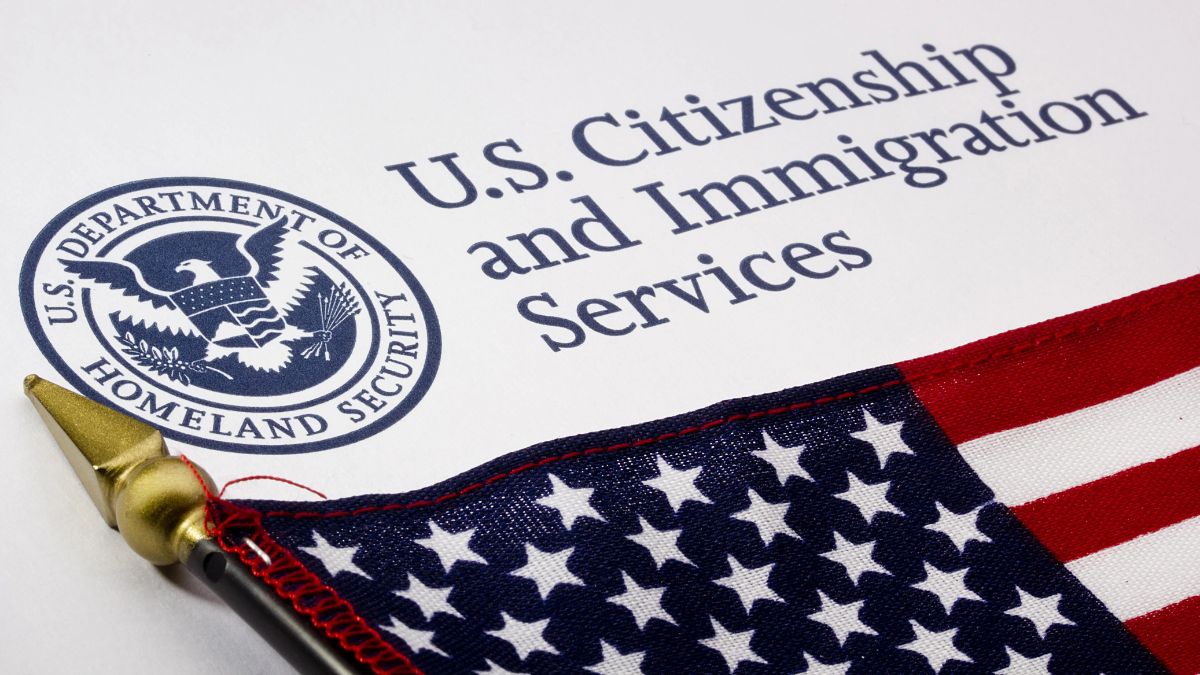U.S. Citizenship and Immigration Services (USCIS) has released new guidance on President Trump’s September 19 H-1B proclamation, which adds a $100,000 fee for certain visa petitions. The update clarifies who’s affected, who’s exempt, and how employers must handle payments.
What Is the $100,000 H-1B Fee?
The $100,000 H-1B fee is a new charge introduced under President Donald Trump’s proclamation. It applies only to certain H-1B visa petitions processed through U.S. consulates, while extensions or status changes within the U.S. are exempt from this fee.
Who Must Pay the $100,000 H-1B Fee?
According to the USCIS, the new rule applies mainly to H-1B petitions filed after September 21 that request consular processing, meaning the foreign worker must get their visa stamped at a U.S. consulate abroad.
In short, employers must pay the $100,000 fee if:
- The worker is outside the U.S. without a valid visa, or
- The petition is filed for consular notification, even if the person is in the U.S.
However, petitions for extension, amendment, change of status, or change of employer are exempt, as long as the request is approved. If such petitions are denied and reclassified for consular processing, the fee would then apply.
Who’s Exempt from the $100,000 Fee
Foreign nationals already in the U.S. on valid H-1B visas are not affected, even if they travel abroad after their petition is approved. Similarly, petitions that request and receive extensions or changes of status are exempt.
National Interest Exceptions: Hard to Qualify
USCIS confirmed that national interest exemptions will be “extraordinarily rare.” Employers must prove:
- No qualified U.S. worker is available,
- The job benefits U.S. national interests, and
- The H-1B worker poses no security threat.
Unlike earlier expectations, company-wide or industry-wide exemptions won’t be allowed, only case-by-case reviews.
Payment and Filing Process
Employers must pay the $100,000 fee via pay.gov before filing the petition and include proof of payment or a DHS-approved exception. Petitions missing this proof will likely be denied without further notice.
Ongoing Legal Challenges
Multiple lawsuits have already been filed against the proclamation, arguing it violates immigration law. While no injunctions have been issued yet, today’s guidance could push courts to act.
For now, only consular H-1B petitions filed after September 21 are subject to the $100,000 fee. Extensions, amendments, and in-country transfers remain safe, at least for now.
Follow and connect with us on Facebook, Twitter, LinkedIn, Instagram and Google News for the latest travel news and updates!
